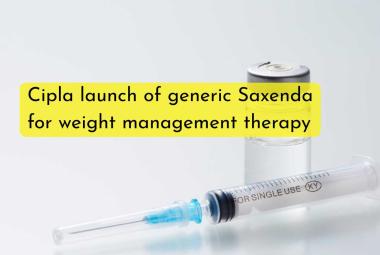The U.S. Food and Drug Administration issued a draft guidance intended to support industry in their development of generic versions of approved opioids with abuse-deterrent formulations (ADF) while ensuring that generic ADF opioids are no less abuse-deterrent than the brand-name drug.
[adsense:336x280:8701650588]
In today’s guidance, the agency is encouraging industry efforts to develop pain medicines that are more difficult to abuse. Abuse-deterrent properties make certain types of abuse, such as crushing a tablet in order to snort the contents or dissolving a capsule in order to inject its contents, more difficult or less rewarding. It does not mean the product is impossible to abuse or that these properties necessarily prevent addiction, overdose or death notably, the FDA has not approved an opioid product with properties that are expected to deter abuse if the product is swallowed whole.
To better understand the real-world impact of ADF therapies and continue to support innovation in this space, the FDA has required all sponsors of brand name products with approved abuse-deterrent labeling to conduct long-term epidemiological studies to assess their effectiveness in reducing abuse in practice. While the FDA recognizes that the ADFs are not failsafe and more data are needed, ADF opioids do have properties expected to deter abuse compared to non-ADFs. Given the lower cost, on average, of generic products, encouraging access to generic forms of ADF opioids is an important step toward balancing the need to reduce opioid abuse with helping to ensure access to appropriate treatment for patients in pain.
[adsense:468x15:2204050025]
To encourage additional input from outside experts and the public, the agency will also hold a public meeting later this year to discuss the draft guidance on generic ADF products and a broad range of issues related to the use of abuse-deterrent technology as one tool to reduce prescription opioid abuse. The FDA will take this feedback into consideration when developing the final guidance on this topic.













